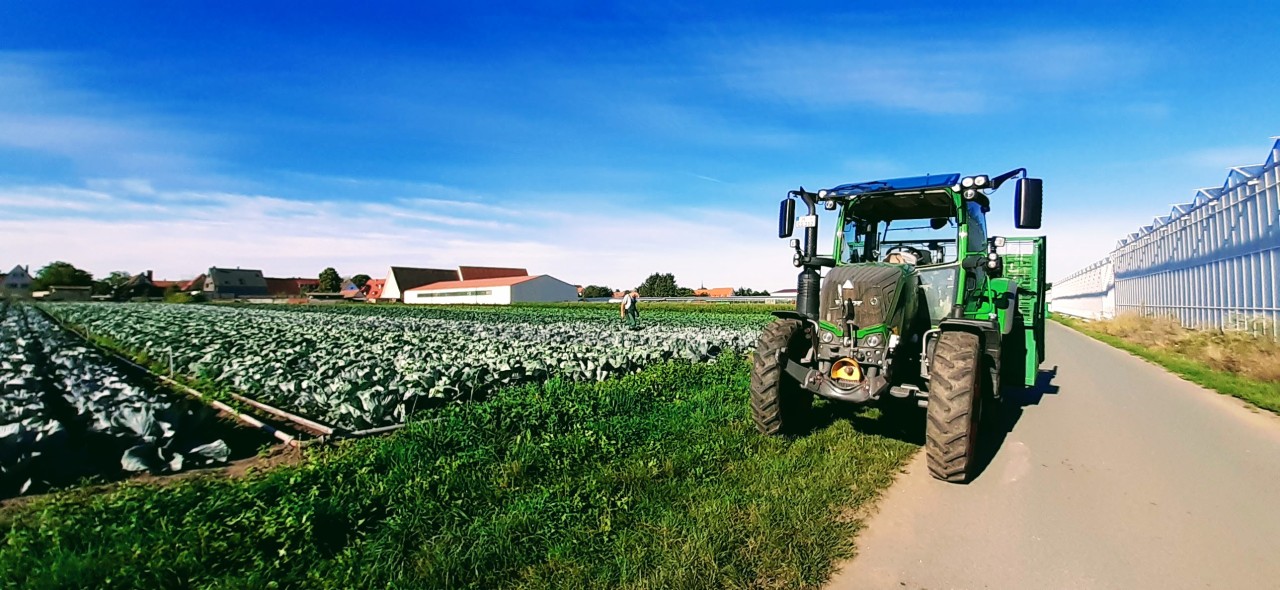Germany, known for its rich agricultural heritage, boasts a diverse and technologically advanced farming sector. From crop cultivation to livestock management, the agriculture industry plays a significant role in the country’s economy. For those interested in a career in agriculture, understanding the various job opportunities, work conditions, and benefits is essential. This guide provides an overview of working in the agricultural sector in Germany, offering insights into different roles, work environments, and career prospects.
1. Key Job Roles in Agriculture
Farm Worker
Farm workers are the backbone of agricultural operations. Their responsibilities include planting, maintaining, and harvesting crops, as well as managing livestock. Tasks can vary depending on the type of farm and its size. For instance, crop farmers may focus on soil preparation and pest control, while livestock farmers handle feeding, breeding, and health care for animals. Physical stamina and the ability to work outdoors in varying weather conditions are essential for this role.
Agricultural Technician
Agricultural technicians support the technical aspects of farming operations. They may be involved in managing and repairing machinery, overseeing irrigation systems, or implementing new agricultural technologies. This role often requires technical skills and knowledge of machinery and equipment. Agricultural technicians play a crucial role in improving efficiency and productivity on farms.
Farm Manager
Farm managers oversee the daily operations of a farm or agricultural business. Their responsibilities include managing staff, planning crop rotations, and ensuring compliance with regulations. Farm managers also handle budgeting, marketing, and sales of produce. Strong organizational and leadership skills are necessary for this role, as well as a deep understanding of agricultural practices and business management.
Agronomist
Agronomists focus on improving crop yields and soil health. They conduct research on plant varieties, soil conditions, and pest management techniques to enhance agricultural productivity. Agronomists may work for research institutions, government agencies, or private companies. A background in agricultural science and research skills are important for this role.
2. Work Environment and Conditions
Outdoor Work and Physical Demands
Working in agriculture often involves outdoor labor and physical activity. Employees may spend long hours in fields, tending to crops or livestock, and working with machinery. The work can be seasonal, with peak periods during planting and harvest times. The ability to work in diverse weather conditions and perform physically demanding tasks is crucial.
Technological Advancements
Germany’s agricultural sector is known for its use of advanced technologies, such as precision farming and automated machinery. These innovations aim to increase efficiency and reduce manual labor. Familiarity with modern agricultural technologies can be an advantage for those pursuing careers in this field.
3. Employee Benefits and Compensation
Competitive Salaries
Salaries in the agricultural sector can vary based on job role, experience, and location. For instance, farm workers typically earn between €20,000 and €30,000 annually, depending on their responsibilities and the region where they work. Agricultural technicians and farm managers generally have higher salaries, ranging from €30,000 to €50,000 per year, with potential increases based on experience and management responsibilities.
Additional Benefits
Many agricultural positions offer additional benefits, including:
- Health Insurance: Comprehensive coverage to ensure employees’ well-being.
- Paid Leave: Vacation days and sick leave to support work-life balance.
- Training Opportunities: Access to training programs and workshops to enhance skills and knowledge.
4. Career Development and Growth
Training and Education
Career development in agriculture often starts with formal education or vocational training. Agricultural degrees or certifications can provide a strong foundation for various roles within the sector. Many agricultural organizations also offer in-house training and development programs to help employees advance their skills.
Advancement Opportunities
Career progression in agriculture can lead to roles with greater responsibility and specialization. For example, experienced farm workers may move into managerial positions or become agricultural consultants. Agronomists may advance to research or advisory roles within research institutions or agribusinesses. The industry offers diverse pathways for those looking to build a long-term career.
5. Tips for a Successful Agriculture Career
Gain Practical Experience
Hands-on experience is invaluable in agriculture. Seek internships or seasonal work to gain practical skills and understand the demands of different roles. Practical experience complements formal education and enhances employability.
Stay Informed About Industry Trends
The agricultural sector is constantly evolving with new technologies and practices. Stay updated on industry trends, innovations, and best practices to remain competitive and informed.
Embrace Technology
Familiarize yourself with the latest agricultural technologies and tools. Embracing technology can improve efficiency and open up new career opportunities within the sector.
Working in agriculture in Germany offers a range of opportunities across various roles, from hands-on farm work to technical and managerial positions. With its focus on innovation and sustainability, the agricultural sector provides a rewarding career path for those interested in contributing to Germany’s food production and rural economy. By understanding the nature of agricultural work, the benefits available, and the potential for career growth, you can make informed decisions and build a successful career in this essential industry.
